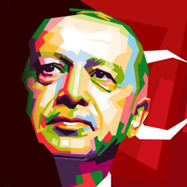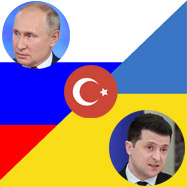Biden’s dilemmas in the Middle East
Associate Fellow, Manohar Parrikar IDSA, Dr Md Muddassir Quamar’s op-ed column ‘Biden's Dilemmas in the Middle East’ has been published in Financial Express on 04 July 2022.
The column explains the complex issues which are on the agenda of President Biden's forthcoming visit to Israel and Saudi Arabia. Dr Quamar argues that despite the shifts in US foreign policy with pivot to Asia and Indo-Pacific, and the complexities and inscrutable challenges in the Middle East, the region remains important for US foreign policy, and for Biden to achieve some of his stated goals, it would be important to avoid contentious issues, and focus on smaller deliverables that are a win-win for both the US and its regional partners.
- Published: 4 July, 2022







